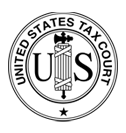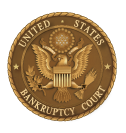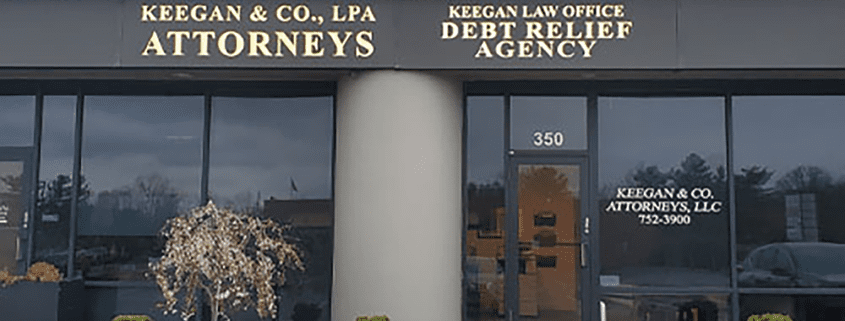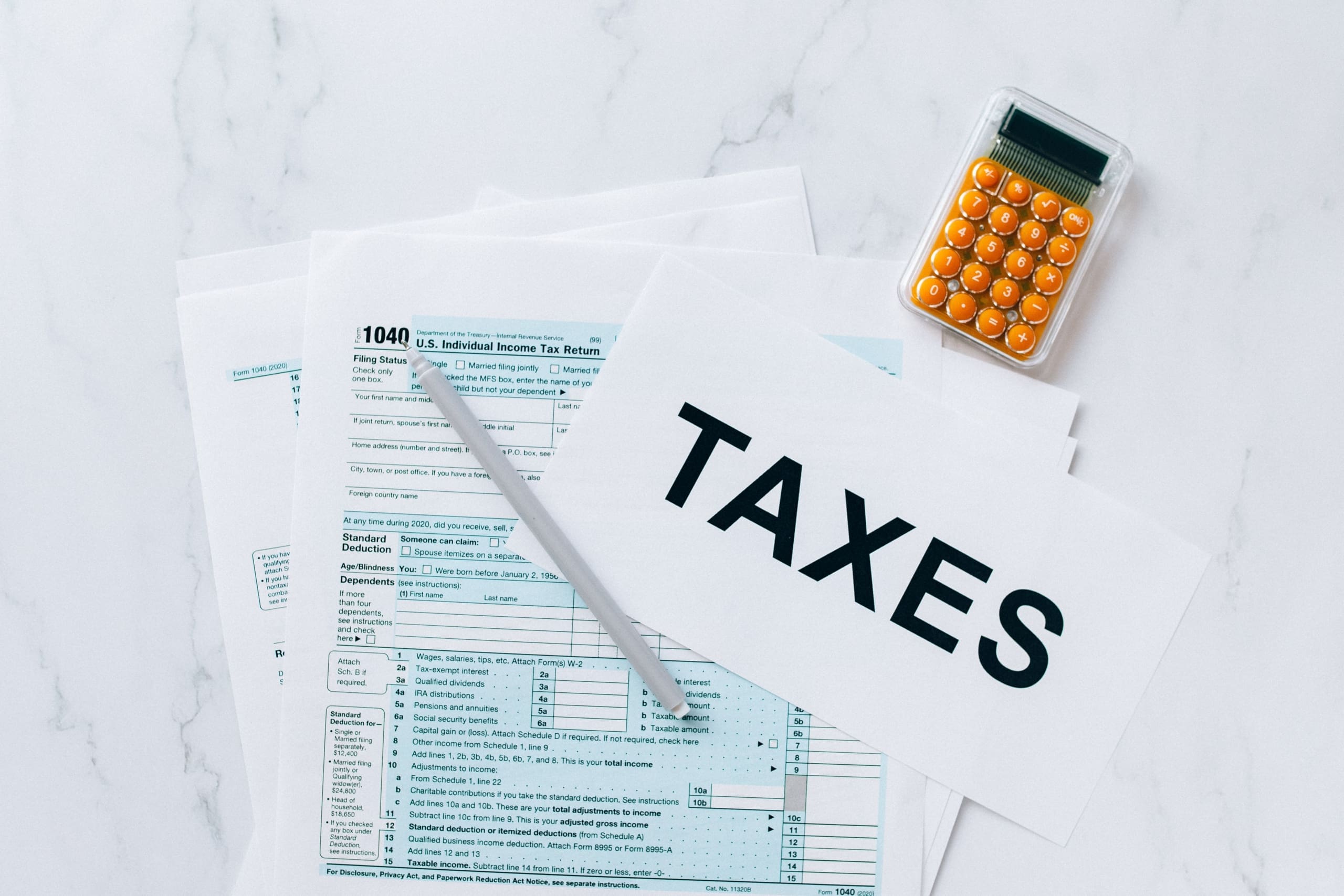Is Bankruptcy the Answer?
We are bankruptcy attorneys located in Eastgate and Middletown, Ohio. For over 30 years, we have have helped people of greater Cincinnati solve their debt issues, protect assets and move on toward a healthy financial future.
WHAT IS BANKRUPTCY?
It is a legal procedure which gives debtors federal protection from creditors. Under the federal code your debts will be discharged and give you a fresh financial start.
HOW CAN BANKRUPTCY HELP ME?
Filing bankruptcy could wipe out credit card debt and other unsecured debts. Once filed, no creditor can collect of those debts.
Filing will stop creditor phone calls and harassing letters and will stop repossession of your car or foreclosure of your home. You may still retain your home even if a foreclosure has already been filed.
Medical debt is discharged through bankruptcy. Overall, medical debt is the main reason in the U.S. for filing for bankruptcy. Hospitals and ER services cannot refuse you service in the future, if you were to file.
You will not lose everything you own! Sometimes in a chapter 7, the trustee may take assets and sell them to pay on your debts, however, our clients are relieved to learn they will keep most, usually all, of their assets through bankruptcy exemptions. We can also help you pre-plan making the most of your bankruptcy exemptions.
WHICH BANKRUPTCY OPTION BEST FITS MY SITUATION?
The most common filings for bankruptcy are chapter 7 and chapter 13. Chapter 7 will wipe out all your unsecured debt (credit cards, medical debts, utilities, etc.). You can also keep your house and vehicle in chapter 7, as long as your current on payments. Chapter 7 is a straight bankruptcy, referred to as a liquidation bankruptcy. This will stop all collection proceedings including phone calls, mailings, garnishments and court proceedings. Over 65% of consumer bankruptcy filings in the U.S. are chapter 7.
Chapter 13 is a repayment plan. It is referred to as a wage earner plan. You must have a reliable source of income so that you can repay all or a portion of your debt. Chapter 13 will stop a foreclosure or repossession as well. It is designed to help you retain your home or vehicle if your behind. You will repay from 1% to 100% of your debt, depending on your individual situation. This will last a minimum of three years and max of five years. During this time it will be up to the creditors to file their claim in order to be paid during the case. Many do not and their debt is wiped out regardless.
WHAT DEBTS WILL NOT BE DISCHARGED?
Most of your debts can be discharged. Some debts cannot be discharged.
Student Loans – Most student loan debt is not dischargeable. In some situations a debtor can claim that student loan debt causes an extreme hardship and obtain a discharge, but it is very difficult to persuade a Bankruptcy Court to discharge a student loan debt. But we have done it successfully a number of times in the right circumstances.
Taxes – Some income tax debt can be discharged in bankruptcy, but this varies, and you should make an appointment for your free consultation to discuss your individual situation. A lot of tax debt is dischargeable and it takes a thorough analysis to determine.
Alimony and Child Support – Back payments or arrearages for child support and for alimony are non-dischargeable. Orders to pay attorney fees in child support and child custody cases are usually non-dischargeable.
Fines and Penalties – Most fines that are imposed by a court and most penalties that are assessed by a government agency are non-dischargeable. License reinstatement fee are dischargeable.
WHAT HAPPENS AFTER BANKRUPTCY?
You can improve your credit after filing and the close of your case. Continue making your payments on assets that you keep. Make all of your payments on time with no slow pays and keep your accounts out of collection. Follow these rules and your credit will rebuild rapidly.















